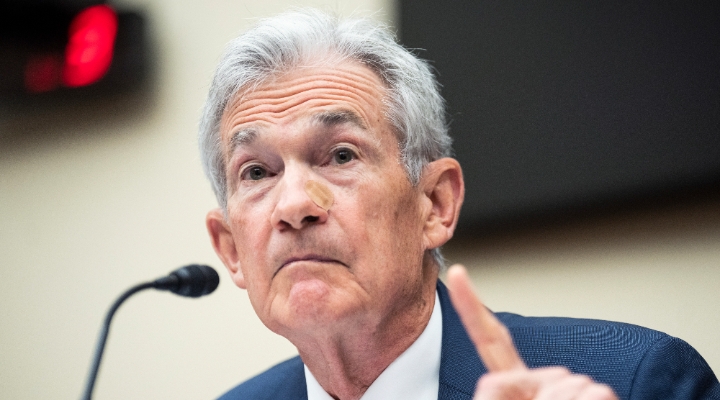Ollie Smith: Last week's rate hold has some wondering whether the Bank of England is anywhere near being ready to cut interest rates.
Last year, Goldman Sachs, which is famously bad at predicting anything, said rate cuts would probably happen in February and March, but that now looks unlikely. Frankly, it looks impossible. This has led to speculation that - depending on some fairly crucial geopolitical and macroeconomic factors - the BoE may have a rate hike left in it before monetary policy eases off. So what would that mean for you?
Over the past two years, higher interest rates have meant - theoretically at least - better cash savings rates on bank accounts and ISAs, giving savers more bang for their buck. But higher rates also make consumer and corporate debt more expensive, placing pressure on anyone drowning in credit card debt and causing misery for mortgage holders on variable rate products. For anyone due to remortgage soon, this is undoubtedly a worrying time.
So what of equities and bonds then? How will they react?
Markets tend to price in any changes very quickly, so the reaction to this kind of news will be swift. Conventional wisdom suggests rate hikes are better for bonds than equities. Indeed, over the past two years we’ve seen bonds offer tempting yields, and the 60/40 portfolio regain its poise after a 2022 of equities and bonds falling in lockstep.
Bonds are precariously poised at the moment, however. Yes, inflation is falling, but monetary policy in the UK doesn’t appear to be following yet, so government bond yields have started to go up again. This is good for those chasing yields – especially if cash savings rates are starting to fall ahead of rate cuts – but does mean bond prices are under pressure again.
Therefore, a rate hike would disrupt the narrative that rates will be cut heavily in 2024 and 2025. Bond yields would spike and prices would fall, making for lower total returns this year. But bond investors could also take the longer-term view: that we’re near the peak of the rate hiking cycle and prices will rise as yields fall in future.
Over in the real economy, higher interest rates will remind businesses and high street shops of the cost of their debt, and could discourage shoppers from spending at the till, lest they lose out on savings rates at the bank. But, while lower interest rates are said to benefit the economy, the UK is still expected to suffer from low growth in the coming years wherever rates end up.





























